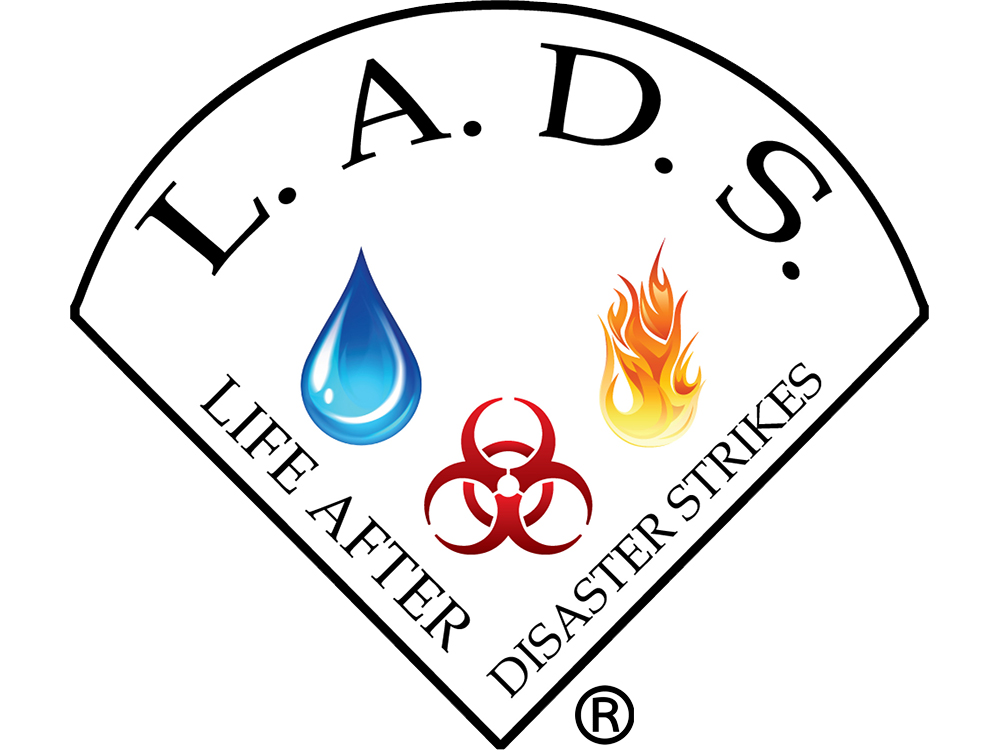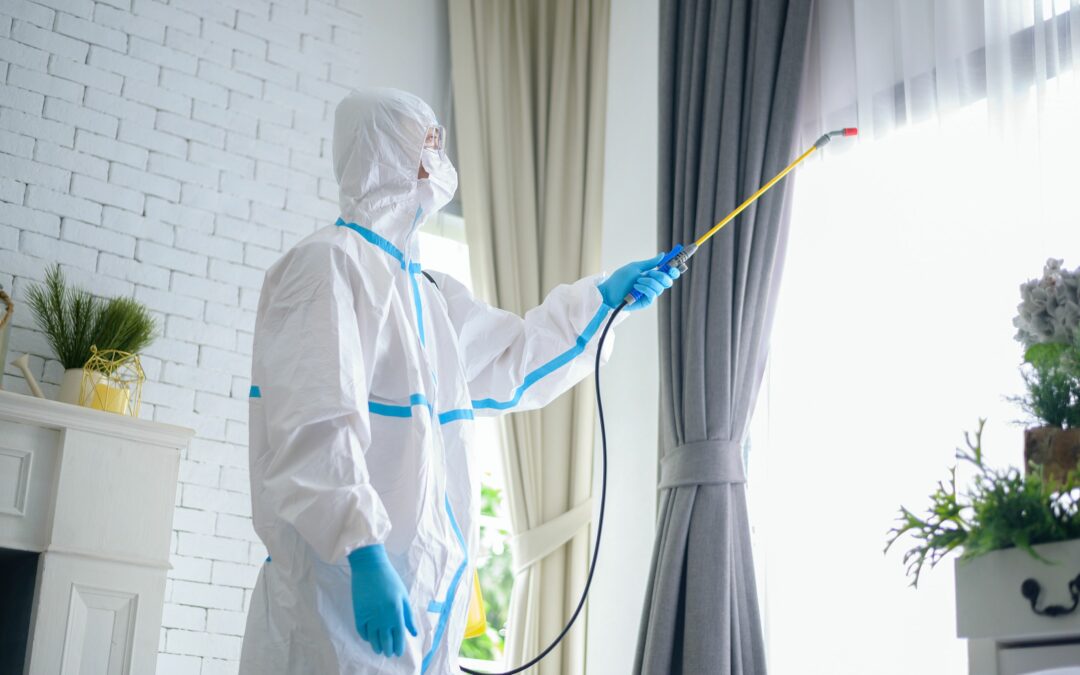In the aftermath of a traumatic event, when the world seems to slow down and emotions run high, the last thing on anyone’s mind is the meticulous process of biohazard cleanup. Yet, as the dust settles, the importance of swift and professional intervention becomes clear. From the immediate challenges that demand emergency response to navigating insurance intricacies for fair compensation, L.A.D.S. aims to provide a roadmap for those dealing with the aftermath of a crisis.
Immediate Challenges and L.A.D.S. Emergency Response
From securing the affected area to initiating a comprehensive assessment to providing real human support, these critical actions lay the groundwork for a thorough and compassionate response in the wake of adversity. As always, to navigate these crucial first steps, reach out to L.A.D.S. Emergency Response – we bring order and hope amidst the chaos.
Taking immediate action in the face of water, fire, mold, or biohazard events is important for several reasons:
- Mitigating Further Damage:
In water and fire emergencies, every passing moment allows for deeper infiltration and increased destruction. Swift action can help contain and minimize the extent of the damage, preventing it from spreading to additional areas or causing secondary issues like mold growth. - Health and Safety Concerns:
In the case of biohazard incidents or mold growth, there are direct implications for health and safety. Rapid response is crucial to isolate and eliminate potential health risks. Biohazards, for example, may pose immediate dangers, and mold can release harmful spores into the air, impacting indoor air quality. - Insurance and Financial Considerations:
Acting quickly can positively impact insurance claims and associated costs. Insurance providers often require prompt reporting and mitigation efforts to cover damages. Delayed action may result in reduced coverage or increased out-of-pocket expenses.
Immediate action is a proactive measure that not only addresses the current crisis but also sets the stage for effective recovery, minimizing risks, preserving property, and safeguarding the well-being of individuals involved.
Navigating Insurance Challenges and Ensuring Fair Compensation
Filing an insurance claim in the aftermath of a water, mold, or biohazard event can present several challenges for individuals and businesses. Some common insurance challenges include:
- Policy Coverage Limitations:
Insurance policies may have limitations on coverage, and individuals may find that certain aspects of water, mold, or biohazard cleanup are not fully covered. Understanding the policy details and potential limitations is essential to avoid surprises during the claims process. - Delayed Reporting of the Incident:
Insurance policies typically require prompt reporting of incidents. Delays in reporting a water, mold, or biohazard event may result in complications during the claims process, with insurers questioning the necessity of the delay and potentially reducing the coverage offered. - Complexity of Biohazard Cleanup:
Biohazard cleanup, in particular, can be intricate and multifaceted. Insurers may face challenges in understanding the specialized nature of biohazard remediation, leading to delays or disputes in coverage for the necessary cleanup services.
Effectively addressing these challenges requires clear communication between L.A.D.S. and the policy owner and between the policy owner and the insurance provider. At L.A.D.S. we help our clients gain an understanding of their policy terms, and we create documentation of the entire cleanup process. Receiving professional advice and assistance in navigating insurance intricacies can be beneficial in ensuring fair compensation for the damages incurred.
Proactive Solutions: Preparedness and Planning for Future Resilience
Being prepared and planning for future resilience in the face of potential mold, water, fire, and biohazard damage involves a combination of proactive measures and strategic planning. Here are some ways to enhance preparedness and build resilience:
- Regular Property Inspections:
Conduct routine inspections of your property to identify and address potential vulnerabilities. Look for signs of water leaks, damage, or areas prone to mold growth. Identify and mitigate fire hazards, and be aware of any potential sources of biohazard exposure. - Invest in Preventive Measures:
Implement preventive measures to reduce the risk of damage. This may include installing proper ventilation systems to prevent mold, investing in fire-resistant materials, and incorporating safeguards to minimize the risk of water leaks. - Appropriate Insurance Coverage:
Review and update your insurance coverage regularly to ensure it adequately addresses potential risks. Verify that your policy covers water damage, fire, mold, and biohazards. Understand any limitations or exclusions, and consider additional coverage if needed. - Document Important Information:
Maintain a detailed inventory of your property and possessions. This documentation should include photographs, receipts, and descriptions of valuable items. In the event of damage, having this information will facilitate the insurance claims process.
By taking a proactive and comprehensive approach to preparedness, individuals and businesses can reduce the likelihood and impact of mold, water, fire, and biohazard damage. Regular assessments, preventive measures, and well-defined emergency plans contribute to long-term resilience in the face of unforeseen events.
Disaster Restoration Services
The power to respond effectively in the wake of a traumatic event lies in our proactive choices today. In the face of the unexpected, reaching out to L.A.D.S. for support with restoration services is not just a response; it’s a declaration of resilience, a commitment to reclaiming normalcy, and an investment in your future. Take that step today, and empower yourself to navigate the path to recovery!

